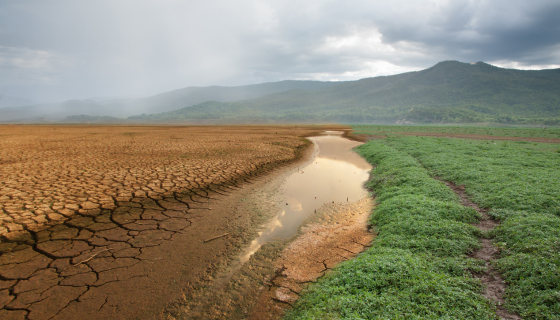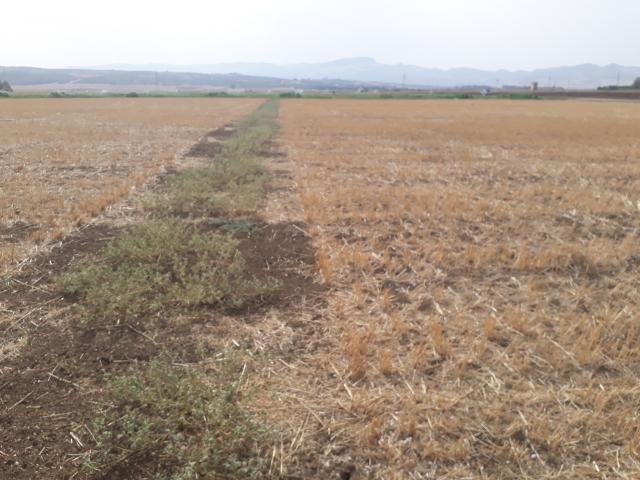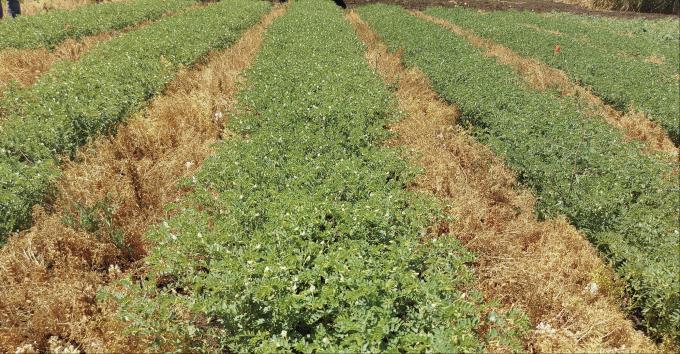Period
2020 - in progress
Slow Food and its partners promoted Bedunica honey and linked rural areas for agro-tourism to revitalise local villages and create a circular economy. Through articles, journals and reports, Slow Food helped to raise awareness of Bedunica honey, its medical purposes, traditional knowledge and the need to preserve mountain communities. This honey, obtained from the Staehelina uniflosculosa flower in southern Albania, faces extinction as younger generations move to urban areas, threatening the loss of traditional production knowledge. Known for its intense flavour and medicinal uses, this late-season honey holds cultural significance in the region and should be preserved.
You must be registered to see all the content
Identification needs
Bedunica is the Albanian word for the flower Staehelina uniflosculosa. Bedunica honey is a monofloral honey from southern Albania, where these flowers are widespread in mountainous areas, particularly in the area of Frasheri and Hotova National Park and is mainly produced by the Carniolan honeybee (Apis mellifera carnica), a subspecies of the Western honeybee. As younger generations leave the region for larger cities, the knowledge of how to make this time-intensive product is dying out, creating the potential for the extinction of such a beloved traditional ingredient. With a higher-than-average price tag due to its rarity and health benefits, the honey plays a crucial role in bringing much-needed cash into the local economy. Slow Food and its partners have made efforts to market the honey at local and national levels to promote agro-tourism initiatives, thereby bringing money back to villages and creating a circular economy.
Stakeholder change
Bedunica honey is a monofloral honey from southern Albania, where these flowers are widespread in mountainous areas, especially in the area of Frasheri and Hotova National Park. Very few families in the area of Frasheri, and the village of Gostivisht in the Hotova National Park produce this honey, as most of the bedunica flowers are found in mountainous areas that are difficult to access. As a late season honey, it is usually kept within the household for family consumption, and is rarely found on the market. As very few families produce bedunica honey, there is a high risk that the traditional knowledge of its production will be lost. Young people are leaving the land and finding no economic interest in its production. The lack of marketing at local and national level and the almost complete absence of government incentives for beekeepers have a negative impact on small-scale beekeeping. Despite these difficulties, this product could be crucial to the local economy, as it is very rare and has important health benefits, and therefore commands a high price.
Change triggered
Bedunica honey is considered a late season honey: the flowers start to bloom in mid-August and the honey collection begins in October. Bedunica honey has a yellow to greenish color, especially when freshly harvested, and a very strong flavour. Bees are kept in conventional rectangular wooden hives. The beekeepers practice nomadism, moving their hives from place to place during the summer and early autumn to take advantage of different flowers. The honey is harvested by hand: the honeycombs are uncapped and placed in a hand-operated centrifuge to extract the honey from the comb. Bedunica honey is used both as food and for medicinal purposes. It is used to treat liver and kidney infections and is considered a panacea for children. According to local traditional knowledge, bedunica honey can also be used to cure or prevent catarrh in the lungs. It is therefore often given to children, and is usually consumed in winter, with a spoonful of honey added to caj malit, the local mountain herbal tea.
Short description
....

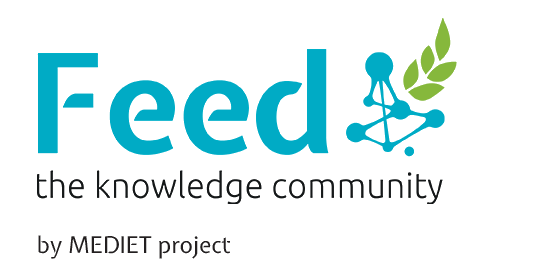








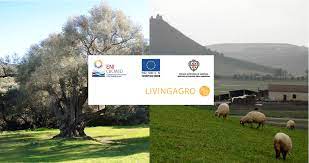

.png)
